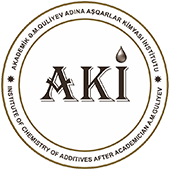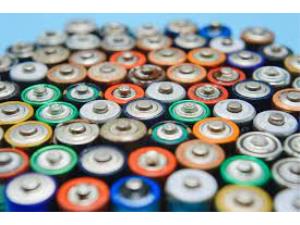Brisbane-based Graphene Manufacturing Group (GMG) has announced impressive initial performance test results for its graphene aluminum-ion batteries. These faster-charging and more sustainable batteries with a life up to three times greater than lithium-ion are being built with technology developed at The University of Queensland (UQ).
The experiments were performed at the Australian Institute for Bioengineering and Nanotechnology (AIBN) at UQ, where the prototypes of the new flat cell battery showed excellent performance figures. The data shows the power density is around 7,000 W/kg. The power density determines how quickly a cell can be charged and discharged. And, the energy density is 150-160 Wh/kg.
So far the graphene aluminium-ion battery energy storage technology has shown high energy densities and higher power densities compared to current leading marketplace lithium-ion battery technology – which means it will give longer battery life (up to 3 times) and charge much faster (up to 60 times).
While the testing and research development continues, GMG has already signed a license agreement with Uniquest, the University of Queensland commercialization company, which provides GMG an exclusive license of the technology for battery cathodes. Also, GMG recently announced the execution of a research agreement with UQ’s AIBN to develop graphene aluminum-ion batteries. Under the agreement, GMG will manufacture commercial battery prototypes for watches, phones, laptops, electric vehicles, and grid storage with technology developed at UQ.
“We are currently looking to bring coin cell commercial prototypes for customer testing in 6 months and a pouch pack commercial prototype – used in mobile phones, laptops, etc. – for customer testing in 18 months,” said Craig Nicol, GMG CEO, and Managing Director. “We are really excited about bringing this to market. We aim to have a viable graphene and coin cell battery production facility project after customer validation that we would likely build here in Australia.“
This is a real game-changing technology that can offer a real alternative with interchangeable battery technology for the existing lithium-ion batteries in almost every application with GMG’s Graphene and UQ’s patent-pending aluminum ion battery technology. The nominal current voltage of these new batteries is 1.7 volts. The work is being carried out to increase the voltage to directly replace existing batteries, leading to higher energy densities.
https://www.inceptivemind.com


